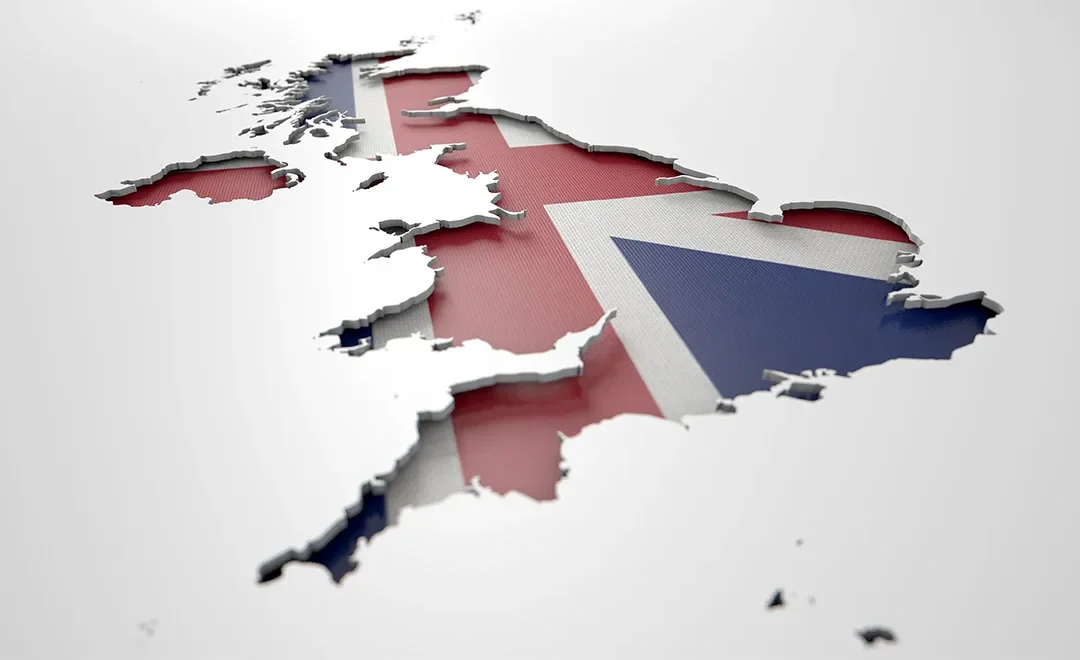
While the UK waste industry has mostly responded positively to Philip Hammond’s plastic tax in the Spring financial statement, there are still calls for “greater recycling of the material”, as letsrecycle reports.
In the financial statement, the Chancellor noted that “financial measures do exist in the environmental sector, including the Landfill Tax and the PRN packaging waste regulations”, and his consultation document also added that “the government will seek to explore how changes to the tax system or charges could be used to reduce the amount of single-use plastics which end up as waste.”
Responses to the statement and the plastic tax have been positive, for the most part, but there are still queries about how it would “work in practice.”
Helen Dickinson, Chief Executive of the British Retail Consortium, stated,
“A plastics tax begs a number of questions such as the time frame for exploring a tax, what Ministers hope to do with the receipts, and the impact on consumers and businesses and we look forward to working with government on these issues.
“All plastic packaging items are already ‘taxed’ when used under producer responsibility measures. Rather than introduce a second system, the current system could be reformed. Any new tax should have a clear intended outcome. For example, increasing the costs of products is unlikely to result in positive consumer behaviour change.”
In response, Philip Law, director general of the British Plastics Federation, has said: “As the experts on plastics we welcome this call for evidence. We support interventions that encourage reusable and recyclable plastic, as well as measures that reduce litter and improve recycling.
“The devil of course will be in the detail. And we must not lose sight of the broader point that there are many positive uses for plastic in our society – from our hospitals to food security. We look forward to working with the Government, environmental groups and industry in the months ahead to find a solution that works – and meets the critical challenge of reducing plastic waste.”
Jacob Hayler, Director General of the Environmental Services Association, has voiced his belief that “higher taxes or charges for virgin plastic use […] could help to drive greater demand for recycled plastics, and could be implemented alongside existing producer responsibility requirements for plastic packaging.”
He went on to say:
“ESA has long called for the Government to strengthen producer responsibility to ensure that those who place products and packaging on the market also take greater responsibility for recapturing those materials at the end of their use. Higher taxes or charges for virgin plastics could be part of an overall system which drives the right behaviours across the supply chain by boosting demand for recycled alternatives.
“The call for evidence launched today by the Chancellor in the Spring Statement is therefore highly welcome. It is a strong first step and shows that the Government is taking this issue seriously. We look forward to making our recommendations to the Treasury.”
Colin Church, Chief Executive of CIWM, which represents waste industry professionals, stated:
“Some 3 billion people across the globe do not have access to controlled waste disposal services and facilities, and research suggests that mismanaged municipal solid waste in developing countries is the major source of plastics entering the oceans.
“This means that there is significant scope for UK international aid to be better targeted at helping to address this crisis, as well as a role for UK expertise to help countries to develop approaches that tackle plastic waste in locally sustainable ways.”
Finally, Richard Kirkman, Veolia UK and Ireland’s Chief Technology and Innovation Officer, has expressed his view that more could be done to increase the amount of recyclable plastic being channelled into the recycling system:
“Plastic is an important material in its own right that has revolutionised society.
“Whilst looking into new types of packaging for tomorrow we must at the same time remember that a vast proportion of plastic we already use today is recyclable yet we are not capturing it through the recycling process. Over 5 billion plastic bottles that can easily be recycled are not even re-entering the supply chain.”























